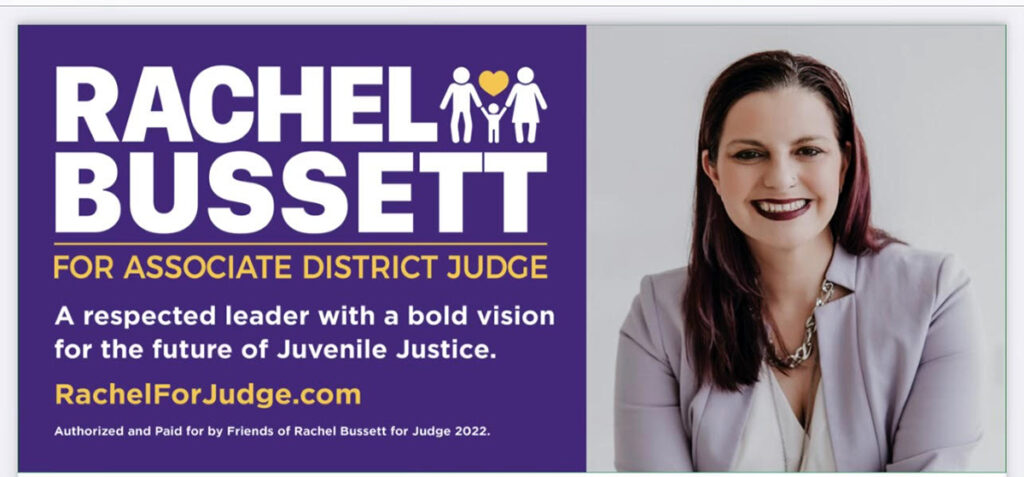By Traci Chapman
Managing Editor
A 2021 lawsuit brought by Boevers Homes against the city of Piedmont – which officials believed might be resolved in August – will continue, at least until October.

That case is now next set for an Oct. 12 hearing, after Boevers on Aug. 18 filed a motion contesting the court’s jurisdiction in the case.
The matter was expected to go before Canadian County District Judge Paul Hesse Aug. 26 for consideration of a Piedmont motion to settle a journal entry commemorating a June ruling made by the judge and a city request for reimbursement of its attorney’s fees and costs incurred during the life of the 2021 civil action.
According to a July 27 motion filed by attorneys for the city – Michael Segler with Wheatley, Segler & Osby and McAfee & Taft’s Ronald Shinn, Jr. – fees and costs incurred by city of Piedmont in defending the lawsuit as of June 30 totaled $124,881, with an additional $1,917 in costs also incurred.
That combined amount was already reduced by $13,600 as a “courtesy discount given to Piedmont by its counsel,” Segler and Shinn stated in their motion.
The city’s proposed journal entry involved a June 27 order Judge Hesse issued dissolving a previously issued temporary restraining order issued in February by District Judge Jack McCurdy in Boevers’ favor.
McCurdy recused himself from the case in early July, citing a potential conflict of interest, according to court filings.
At the time Hesse approved the dissolution of the February TRO, he also approved a city motion to unseal the original petition and accompanying exhibits filed by Boevers’ attorney, Gideon Lincecum – which includes a confidential settlement agreement entered into between the parties.
On July 8, both Boevers Homes and city of Piedmont filed motions to dismiss the case; it was Boevers’ motion to dismiss that prompted the new Aug. 18 filing. In that motion, Boevers provided a glimpse into his purported reasons for choosing to take that dismissal action in early July.
“Denied immediate relief from Piedmont’s unlawful and unconstitutional conduct and facing likely years of litigation while Piedmont stalled Plaintiff’s (Boevers’) residential developments, Plaintiff instead voluntarily dismissed its breach of contract lawsuit and filed writs in the name of each development entity against Piedmont in hopes of a more efficient and timely determination of the issues and in an attempt to mitigate damages to its development caused by Piedmont,” Boevers alleged in the Aug. 18 motion.
Also according to that filing, Boevers asserted that the 2021 lawsuit was completed upon the filing of his dismissal motion.
As part of that contention, Boevers and his attorney stated any subsequent filings made by the city – including the motion to settle journal entry and the document seeking reimbursement for fees and costs, both filed July 27 – should not be allowed.
As to the journal entry, Piedmont’s attorneys contended in their July 27 request for reimbursement that Boevers’ attorney refused to sign the journal entry before his client dismissed the case.
“Boevers’ counsel has refused to sign the journal entry prepared by Piedmont’s counsel,” the city stated in that motion. “A week after the journal entry was originally sent to Boevers’ counsel, Boevers filed a notice of dismissal without prejudice and now asserts that the court does not have jurisdiction to sign a journal entry for the June 24 hearing.”
The 2018 confidential settlement agreement – between Boevers and the city of Piedmont – was entered into “in order to settle eight prior lawsuits brought by Phil Boevers and/or some of his associated entities.”
Civil actions subject to the confidential settlement agreement were filed in Canadian County District Court or United States District Court for the Western District of Oklahoma.
The city raised as a defense in its July 8 motion the Oklahoma Citizens Participation Act, which protects elected officials “acting in the scope of their governmental capacity regarding matters of public concern.”
The OCPA was enacted in 2014 and is considered an “anti-SLAPP” statute, providing protection from a “Strategic Lawsuit Against Public Participation.”
Piedmont officials contended they were exercising their protected free speech rights granted them under the United States Constitution – and that any discussions or statements made were done under the purview of “public concern.”
“There is no question that communications related to a public subdivision and potential ordinance violations are matters for public concern,” the city stated in its dismissal motion.






